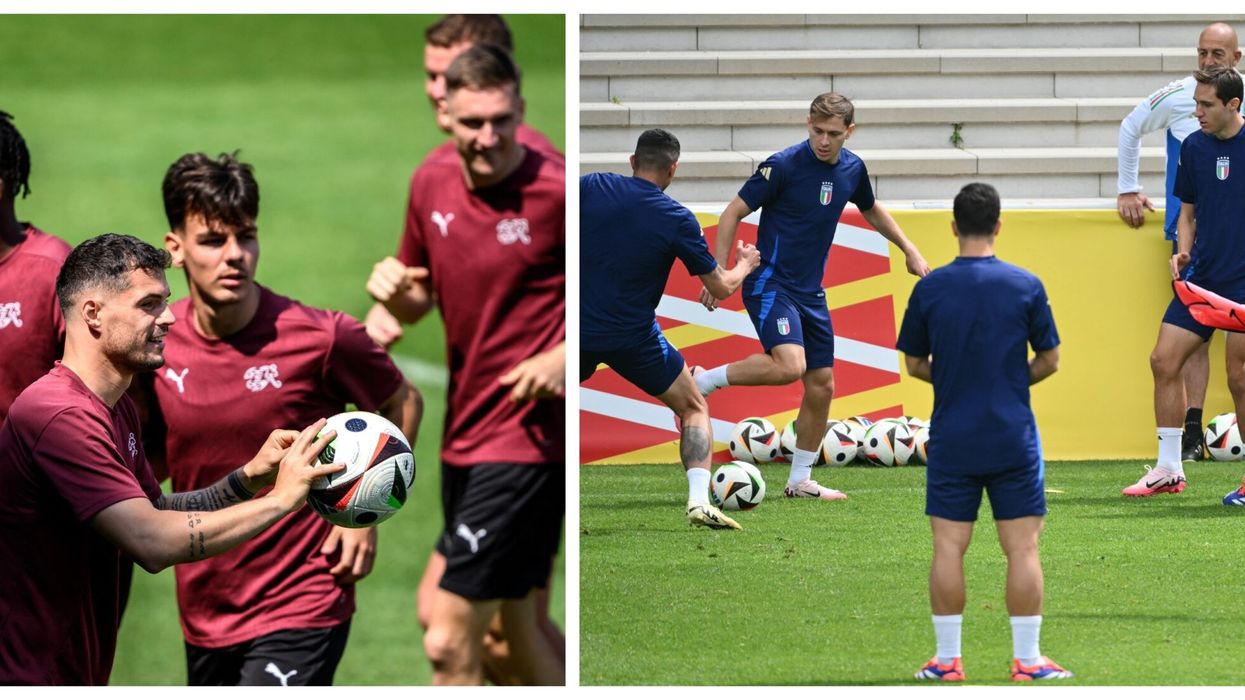Champions Italy are gearing up to face Switzerland in the Euro 2024 round of 16 on Saturday, having narrowly advanced from the group stage.
The Azzurri secured their place with a last-gasp 98th-minute equaliser from Mattia Zaccagni against Croatia, securing second spot in Group B, five points behind group leaders Spain.
Coach Luciano Spalletti expressed mixed feelings about his team's performance, criticising their timid display in the final group game while defending their qualification.
Despite omitting key players such as Manuel Locatelli and Marco Verratti, Spalletti remains confident in Italy's potential.
"Our team has been improving throughout the tournament," Spalletti noted, amidst criticism over his squad selections and tactics.
Italy's campaign has been marked by notable absences, including retired defenders Leonardo Bonucci and Giorgio Chiellini, and underperforming forwards like Federico Chiesa.
The responsibility now falls on less experienced players like 29-year-old Lazio forward Mattia Zaccagni, who remains optimistic about their chances against Switzerland.
"Now we're focusing on preparing for a crucial match against Switzerland," Zaccagni said. "We've always known that the national team often struggles initially and then rises to the occasion. We expect nothing less from ourselves now."
Switzerland, managed by Murat Yakin, boast a squad featuring several Serie A stars including Inter Milan goalkeeper Yann Sommer, and midfielders Dan Ndoye, Remo Freuler, and Michel Aebischer from Bologna.
Zaccagni acknowledged Switzerland's compact style and team unity, highlighting the challenge they pose.
"We've studied Switzerland extensively; they're a cohesive team that plays for each other. It'll take a top-class performance to overcome them," Zaccagni said.
Despite uncertainty over Italy's optimal lineup and midfield struggles, particularly with Jorginho's form, Spalletti remains adaptable in his tactics.
Forward Mateo Retegui and striker Gianluca Scamacca have also faced scrutiny for inconsistent performances.
In recent tournaments, Switzerland have proven their mettle by reaching the last 16 of the World Cup and Euro 2020, where they upset France before succumbing to Spain. Their unbeaten run in Group A, culminating in a draw against Germany, positions them as formidable opponents for Italy.
Saturday's winner will face either England or Slovakia in the quarter-finals, with both teams eyeing a deeper run in the tournament.
(With AFP inputs)





